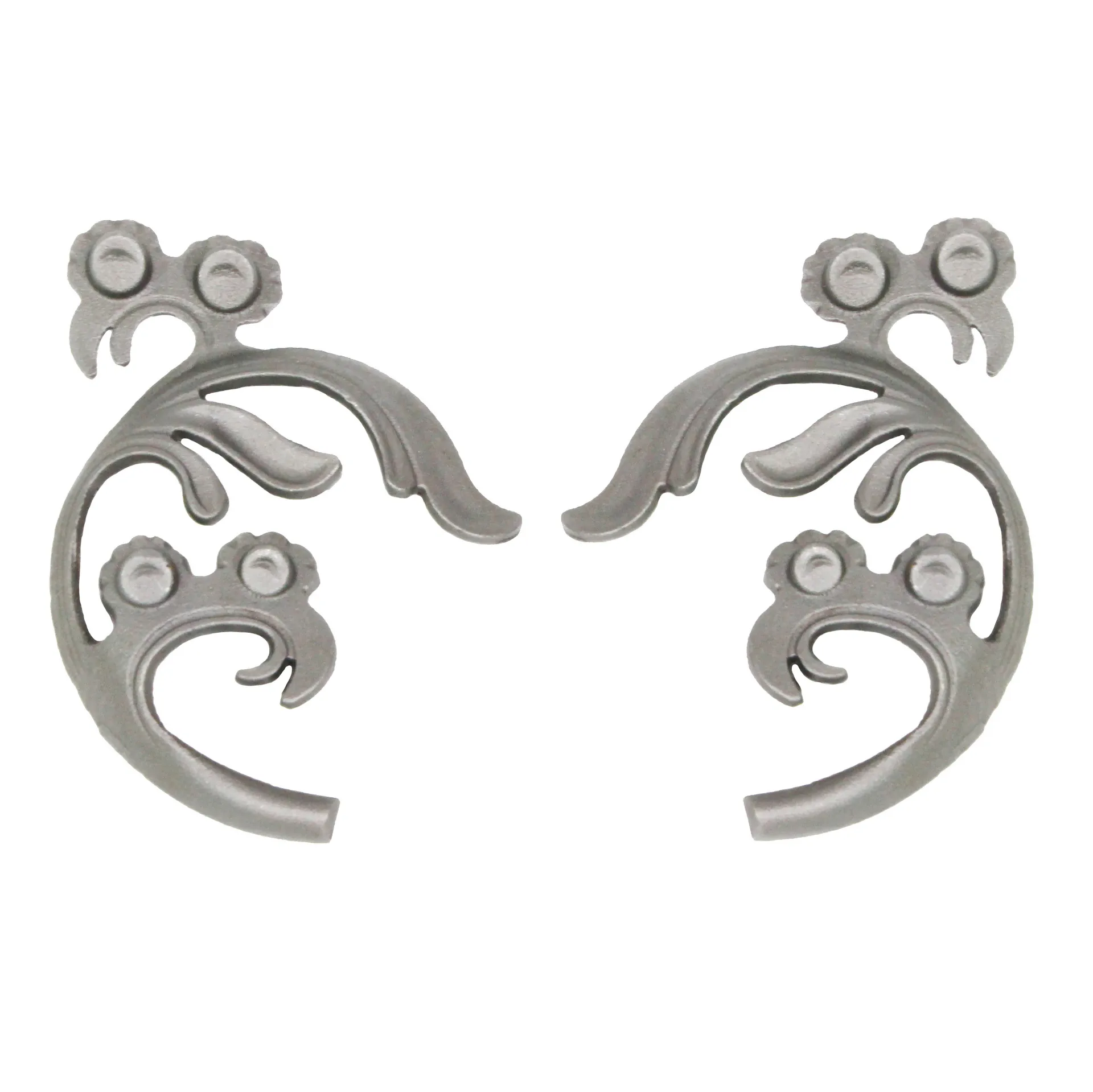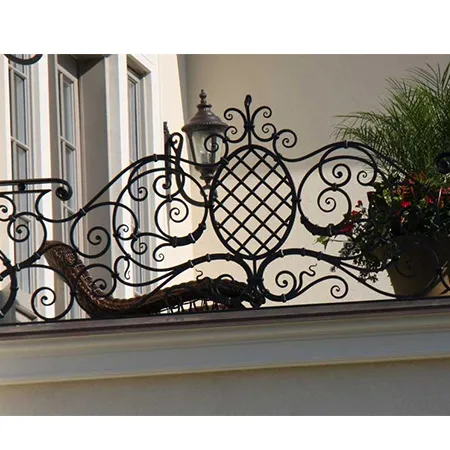
Jan . 29, 2025 02:02
Back to list
hinges price
Navigating the world of hardware components can be an intricate task, especially when it comes to purchasing the right hinges for various applications. The price of hinges may seem straightforward at first glance, but several variables contribute to their final cost. This article aims to delve into the intricacies of hinges price, providing insights based on experience, expertise, authority, and trustworthiness.
Understanding the application and environment where the hinges will be used is crucial. For instance, hinges installed in exterior settings are exposed to weather elements and may require specific coatings or treatments to prolong their lifespan. The additional sealing or galvanizing processes contribute to the overall cost but are essential for ensuring durability in outdoor environments. The expertise of the installer also impacts the economics of purchasing hinges. Improper installation can lead to reduced hinge life and increased maintenance costs, negating any initial savings from lower-priced options. Investing in professional installation services ensures the hinges are fitted correctly, optimizing their performance and extending their functional life. Experts in installation can also provide valuable advice on the most cost-effective and suitable hinge options for a given project. Exploring the burgeoning online marketplace can also offer price advantages. Many online suppliers have lower overhead costs compared to traditional brick-and-mortar stores and can offer competitive pricing. Additionally, customer reviews and ratings available on these platforms can guide buyers in their decision-making process, adding a layer of credibility to the selection. Lastly, it is imperative to consider ethical sourcing and environmental impact when purchasing hinges. Some manufacturers make efforts to ensure sustainable practices and environmentally friendly materials, which can slightly increase the price. However, for those committed to reducing their carbon footprint, these options align with broader sustainability goals and corporate responsibility practices. In conclusion, understanding hinges pricing involves evaluating factors beyond mere cost. It requires an appreciation of the materials, design intricacy, brand reputation, and installation expertise. Through deliberate consideration of these factors, buyers can navigate the market with confidence, securing products that provide value and reliability. As with any significant purchase, an informed approach and attention to quality, supported by expert guidance, can lead to optimal outcomes both financially and functionally.


Understanding the application and environment where the hinges will be used is crucial. For instance, hinges installed in exterior settings are exposed to weather elements and may require specific coatings or treatments to prolong their lifespan. The additional sealing or galvanizing processes contribute to the overall cost but are essential for ensuring durability in outdoor environments. The expertise of the installer also impacts the economics of purchasing hinges. Improper installation can lead to reduced hinge life and increased maintenance costs, negating any initial savings from lower-priced options. Investing in professional installation services ensures the hinges are fitted correctly, optimizing their performance and extending their functional life. Experts in installation can also provide valuable advice on the most cost-effective and suitable hinge options for a given project. Exploring the burgeoning online marketplace can also offer price advantages. Many online suppliers have lower overhead costs compared to traditional brick-and-mortar stores and can offer competitive pricing. Additionally, customer reviews and ratings available on these platforms can guide buyers in their decision-making process, adding a layer of credibility to the selection. Lastly, it is imperative to consider ethical sourcing and environmental impact when purchasing hinges. Some manufacturers make efforts to ensure sustainable practices and environmentally friendly materials, which can slightly increase the price. However, for those committed to reducing their carbon footprint, these options align with broader sustainability goals and corporate responsibility practices. In conclusion, understanding hinges pricing involves evaluating factors beyond mere cost. It requires an appreciation of the materials, design intricacy, brand reputation, and installation expertise. Through deliberate consideration of these factors, buyers can navigate the market with confidence, securing products that provide value and reliability. As with any significant purchase, an informed approach and attention to quality, supported by expert guidance, can lead to optimal outcomes both financially and functionally.
Prev:
Next:
Latest news
-
Unique Design Ideas for Wrought Iron Wall DecorNewsJul.21,2025
-
Stainless Steel Pulley for Marine ApplicationsNewsJul.21,2025
-
Safety Features in Industrial Track PulleyNewsJul.21,2025
-
Precision Tolerances for 2 Inch U Groove WheelsNewsJul.21,2025
-
Iron Fence Spears Corrosion Protection MethodsNewsJul.21,2025
-
Iron Decorative Panels for Balcony ScreensNewsJul.21,2025
-
Industrial Applications Requiring Heavy Duty PulleyNewsJul.21,2025












